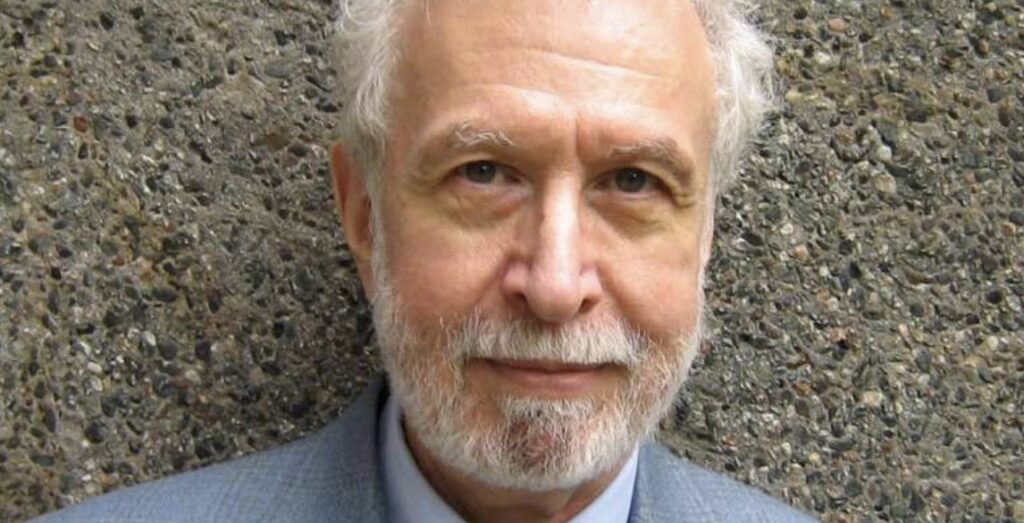
Update from Dr. Ray Blanchard:
In the early hours of Sunday morning, an expert Ph.D. psychologist who helped write the official psychological position on transgender identity was blocked on Twitter for expressing his opinion informed by clinical experience. His well-reasoned position was flagged for “hateful conduct.”
On Saturday, Ray Blanchard — the Ph.D. psychologist and adjunct professor at the University of Toronto who served on the working group for gender dysphoria (the persistent condition of identifying with the gender opposite your biological sex) for the DSM V, the gold standard of definitions helping psychologists diagnose disorders for patients — tweeted out his clinically-informed opinion on transgender identity.
He still affirmed the controversial idea that sex-change surgery is the “best treatment” for “carefully screened, adult patients, whose gender dysphoria has proven resistant to other forms of treatment,” but he opposed “treating” children who may change their minds. (Even this position is debatable, as people who have undergone sex-change surgery after persistent gender dysphoria have later rejected their transgender identity and lamented the mutilation of their bodies.)
After this qualified statement of support, Blanchard explained his clinically-informed opinion that “sex change surgery should not be considered for any patient until that patient has reached the age of 21 years and has lived for at least two years in the desired gender role.”
This call for a delay is controversial, as many transgender activists encourage hormonal and surgical treatments for minors, even children. Some researchers have received government grants to try such treatments on 8-year-old children, and a British transgender activist took her 15-year-old son to Thailand to get him castrated. When a Catholic woman complained about this child abuse on Twitter, U.K. police investigated her for abuse. Last year, 17-year-old transgender celebrity Jazz Jenningshad his male organ surgically removed. Yet studies have shown that the vast majority of children who identify as transgender will revert to their biological sex if they are allowed to go through puberty. For this and other reasons, Blanchard’s position makes sense psychologically.
Blanchard defended this restriction by explaining the roots of gender dysphoria.
“Gender dysphoria is not a sexual orientation, but it is virtually always preceded or accompanied by an atypical sexual orientation – in males, either homosexuality (sexual arousal by members of one’s own biological sex) … or autogynephilia (sexual arousal at the thought or image of oneself as a female),” the Ph.D. psychologist explained. “There are two main types of gender dysphoria in males, one associated with homosexuality and one associated with autogynephilia. Traditionally, the great bulk of female-to-male transsexuals has been homosexual in erotic object choice.”
Continue reading here.
[Editor’s Note: This article was written by Tyler O’Neil and originally published at PJ Media. Title changed by P&P.]











